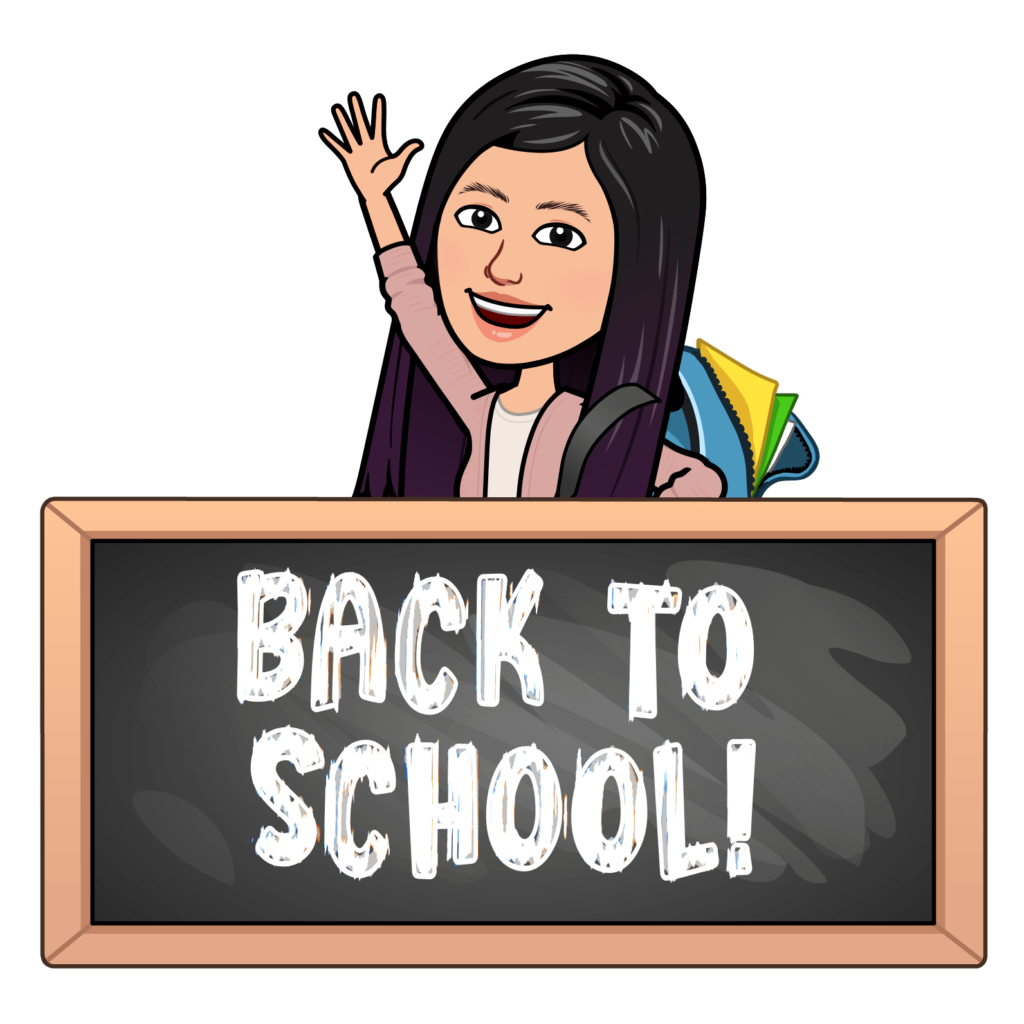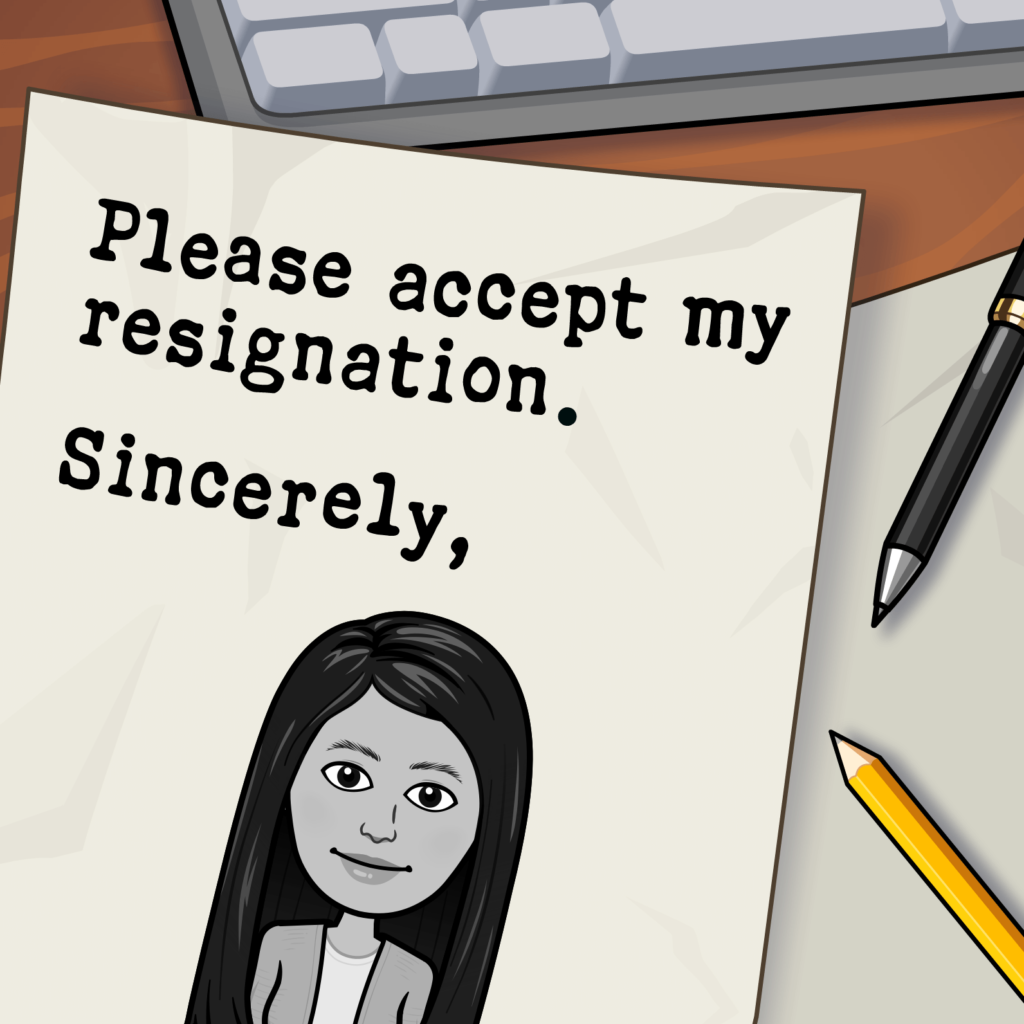Social-emotional learning (SEL) has become a buzzword in the education landscape.
SEL is linked to school climate and culture, bullying prevention, mental health, trauma-informed practice, culturally responsive teaching, student-centred discipline and a host of issues in the world of education today. But what is SEL? Is SEL important?
What is SEL?
Many SEL frameworks have been developed, but I look to the Collaborative for Academic, Social and Emotional Learning (CASEL).
SEL is the process through which all young people and adults acquire and apply the knowledge, skills, and attitudes to develop healthy identities, manage emotions and achieve personal and collective goals, feel and show empathy for others, establish and maintain supportive relationships, and make responsible and caring decisions.
— CASEL, 2020
The CASEL wheel defines 5 SEL competencies:
- Self-awareness
- Self-management
- Social awareness
- Relationship skills
- Responsible decision-making
If you are interested in exploring other frameworks, do check out Harvard University’s Explore SEL page!
Finding a suitable SEL framework is the only the first step. For SEL to truly work, there need to be:
- Safe and supportive learning environments
- Trusting and collaborative relationships
- Rigorous and meaningful curriculum and instruction
- Authentic home-school partnerships
- Continuous learning and improvement
It may take years of program development, teacher training and stakeholder management to achieve impact in a school or district — this has been my bread and butter for the past two years!
What SEL is NOT
SEL is NOT a substitute for counselling or therapy by a trained mental health professional.
SEL is a preventative measure. As we build up students’ SEL competencies, they become better equipped to manage emotions, regulate impulses, build relationships and make responsible decisions.
However, it is inevitable that a subset of students will require additional intensive, individualised intervention and support. This is best provided by a mental health professional. Teachers are not trained to be counsellors or therapists, and they should not be expected to serve in this capacity.
SEL is NOT a means of indoctrinating students.
In America, SEL has come under attack for indoctrinating students. It has been linked to Critical Race Theory (CRT), gender advocacy, and progressive ideologies. Since 2021, SEL has been in the hot seat in at least 25 states in the United States (NPR).
SEL does promote self-awareness and social awareness — which often includes topics of identity, self-acceptance, self-esteem, diversity, inclusion, and social justice. It is truly unfortunate that conversations about these issues are so politically charged, when the original intent is to educate heads and hearts of children.
SEL is NOT enough.
Of course, SEL is not the single solution to all the social ills we see in the world today. It is not meant to replace physical health and civic education. Most SEL curricula stay away from religion and spirituality. Alone, SEL cannot replace counselling and social welfare departments. Teachers who teach SEL will still need to learn effective behaviour management and discipline strategies.
Education has always been a wicked problem, and SEL is only one of the puzzle pieces — but a truly valuable and important one.
Is SEL Important?
YES. (Would you expect a different answer from an educator who has dedicated an entire website to SEL?)
In Malaysia, many schools fail to recognise that students need a strong foundation of social and emotional skills in order to thrive in schools and classrooms. The reality is that students come to school with an invisible load of personal challenges, and we cannot be effective teachers unless we address the social-emotional challenges faced by students.
There is a wealth of research indicating that SEL results in positive outcomes, such as improved academic achievement, decreased emotional distress, reduction in bullying and aggression, and increased employment readiness. Teachers, too, benefit from stronger relationships with students, higher levels of job satisfaction, and less burnout.
Nevertheless, SEL often falls to the bottom of the priority list. It is not as urgent or pressing as administrative tasks, chasing the curriculum, or exam preparation. The results are tricky to measure, and may not be as tangible, not as immediate, not as gempak (awesome).
But there is a global community of SEL educators who believe in the power of SEL to transform lives, and who will work relentlessly to ensure all students are given the opportunity to grow in their social-emotional competence.
Now What?
If you are convinced about the importance of SEL, here is what you can do:
- Educate yourself. There are so many resources out there for you to learn about SEL! Adults need SEL too, and the best way to teach SEL is to model it for your students. Applying SEL skills in your own life will help you be an effective SEL educator.
- Teach SEL in your classroom. Spend 10 minutes in the morning teaching your student an SEL skill — start simple with emotional check-ins, belly breathing, or ‘I’ statements. If you can carve out 30 minutes or a spare lesson, even better! Read an SEL book, discuss a school value, or run a gratitude circle.
- Implement a schoolwide SEL program. Consider organising SEL events in your school! SEL Day, World Children’s Day, Anti-Bullying Week, R U OK? Day, World Kindness Day, or create your own SEL-themed event!
If you would like to support my work, please visit All About SEL and checking out my growing library of SEL resources!




Thanks for sharing. I read many of your blog posts, cool, your blog is very good.